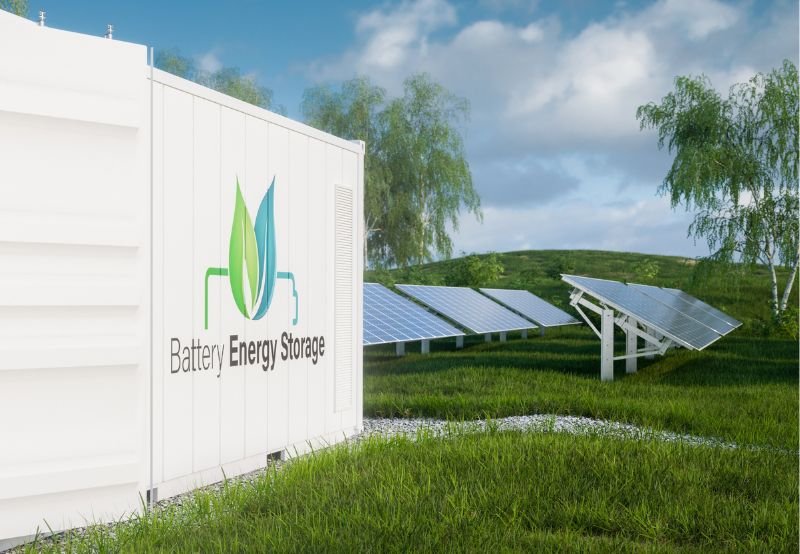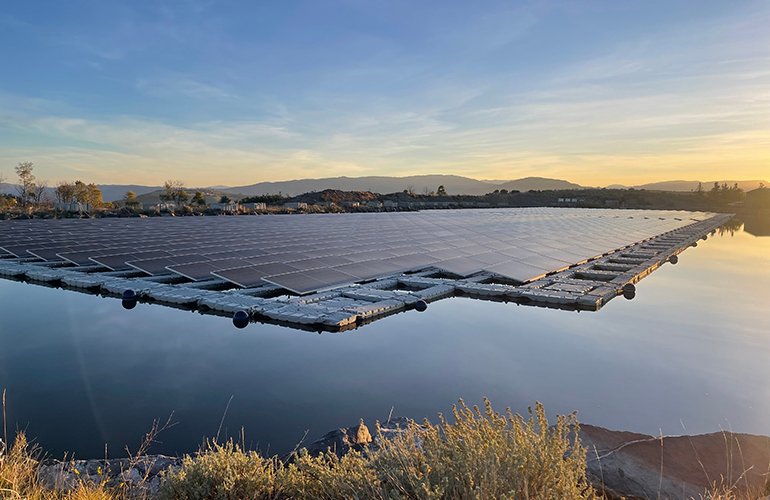Q2 2025 Solar Policy Shifts: Net Metering and Community Solar Updates
The Q2 2025 solar policy landscape presents major changes for industry stakeholders, with the NCCETC’s latest 50 States of Solar report revealing surprising trends. Installers, developers, and homeowners must now navigate shifting regulations in net metering and community solar programs across multiple jurisdictions.
Evolving Net Metering Policies Create Market Uncertainty
States remain divided on rooftop solar compensation models, with Illinois expanding credits while Florida proposes drastic rate cuts. Michigan’s decision to protect net metering through 2029 contrasts sharply with Arizona’s controversial $50 monthly solar fee proposal. These policy swings can transform the financial viability of hybrid solar systems for residential customers.
Business Impact: ROI Calculations in Flux
A 5% change in net metering credits can extend payback periods by 2 years, making energy storage solutions more attractive. Developers using US-made battery storage technologies gain competitive advantage as policy uncertainty persists.
Community Solar Gains Momentum Nationwide
Six states removed subscriber caps while New York simplified interconnection processes, fueling growth in shared solar projects. Developers report 22% higher output from single-axis tracker systems compared to fixed-tilt installations, creating new opportunities under virtual net metering rules.
The Fixed Charge Debate Intensifies
Utility proposals for mandatory solar fees emerged in three states, mirroring California’s 2020 TOU rate battles. Massachusetts regulators recently rejected similar measures that would eliminate solar savings for 80% of customers, setting an important precedent.
Looking Ahead: Storage Mandates on the Horizon?
With Q3 legislative sessions approaching, battery storage requirements may become the next policy frontier. The industry should monitor developments in renewable expansion markets like Texas and New Mexico for emerging trends.





